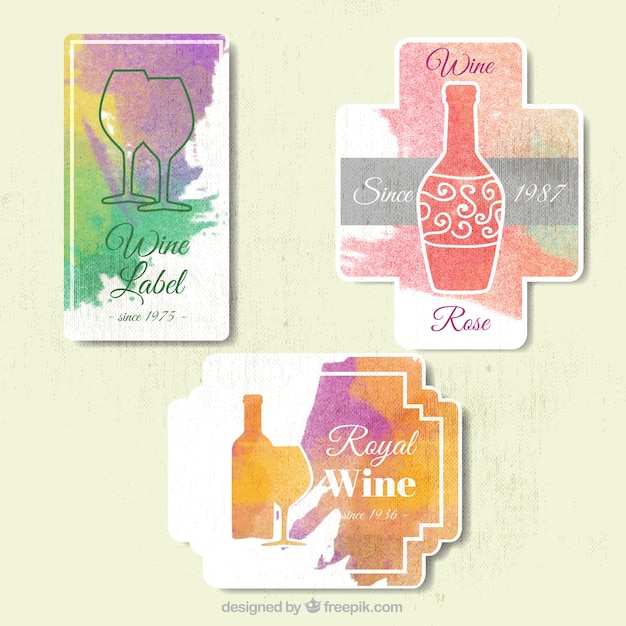Exploring the Nutrition Facts of Wine

Did you know that red wine contains antioxidants that are beneficial for heart health?
White wine is a great source of potassium, which helps regulate blood pressure.
Rose wine has fewer calories than other types of wine, making it a great choice for calorie-conscious individuals.
Champagne is low in carbohydrates, making it a popular choice for those on a keto diet.
Sipping a glass of red wine can contribute to a longer lifespan, thanks to its resveratrol content.
Wine is a natural mood enhancer, perfect for winding down after a long day.
A glass of red wine a day keeps the doctor away, thanks to its cardiovascular benefits.
Next time you’re feeling stressed, try a glass of wine – it can help relax your mind and body.
Wine accompanies a meal perfectly, enhancing the flavors of the food.
The alcohol content in wine can boost creativity and help you think outside the box.
Wine stimulates the senses and can enhance one’s appreciation for art and music.
Moderate wine consumption has been linked to a reduced risk of developing type 2 diabetes.
Wine is a social lubricant, helping to create connections and foster meaningful conversations.
The tannins in red wine have been found to have anti-inflammatory properties.
Wine contains a variety of minerals such as calcium, magnesium, and potassium.
The unique flavors and aromas in wine stem from the different types of grapes used in the production process.
Exploring the Nutrition Facts of Wine part 2
The color of wine can indicate its age and level of maturity.
Wine can be paired with a wide range of foods, allowing for endless culinary exploration.
Swirling wine in the glass helps release its aromas, enhancing the tasting experience.
Wine is a versatile beverage that can be enjoyed at any time of the day, from brunch to dinner.
The bubbles in sparkling wine can add a fun and festive element to any celebration.
The acidity in white wine can help cleanse the palate and refresh the taste buds.
Wine contains flavonoids, which have been linked to a reduced risk of certain cancers.
Exploring different wine regions and grape varietals is like taking a global tasting tour.
The alcohol content in wine can help relax muscles, relieving tension and stress.
Wine is a unique sensory experience that engages sight, smell, taste, and even touch.
Gifting a bottle of wine is a thoughtful gesture that can be enjoyed and shared with loved ones.
Wine has been enjoyed for centuries, making it a timeless and enduring part of human culture.
The terroir – the combination of soil, climate, and geography – greatly influences the taste and character of wine.
A glass of wine can turn an ordinary meal into a memorable dining experience.
Wine tasting is an art form, requiring attention to detail and an appreciation for subtle nuances.
Wine can be a form of self-expression, with different styles and flavors reflecting individual preferences.
Wine production is a labor-intensive process that involves meticulous care and attention to detail.
The ritual of opening a bottle of wine, pouring, and enjoying it can be a soothing and meditative experience.
Wine has been associated with celebration and joyous occasions throughout history.
Moderation is key when it comes to wine consumption, allowing for the enjoyment of its benefits without excessive intake.
Wine can be a conversation starter, providing a common ground and fostering connections among people.
The aging process of wine can result in complex and refined flavors that develop over time.
Wine connoisseurs appreciate the subtleties and nuances in different vintages and grape varieties.
Wine is a symbol of sophistication and elegance, often associated with fine dining and special occasions.
The natural sugars in grapes are converted into alcohol during the fermentation process to create wine.
A glass of wine can transport you to the vineyards and terroirs where it was created.
Wine etiquette and proper serving techniques add an extra layer of enjoyment to the experience.
The production of organic and biodynamic wines promotes sustainable farming practices and environmental stewardship.
In moderation, wine can be a delightful and pleasurable indulgence that adds a touch of luxury to everyday life.

